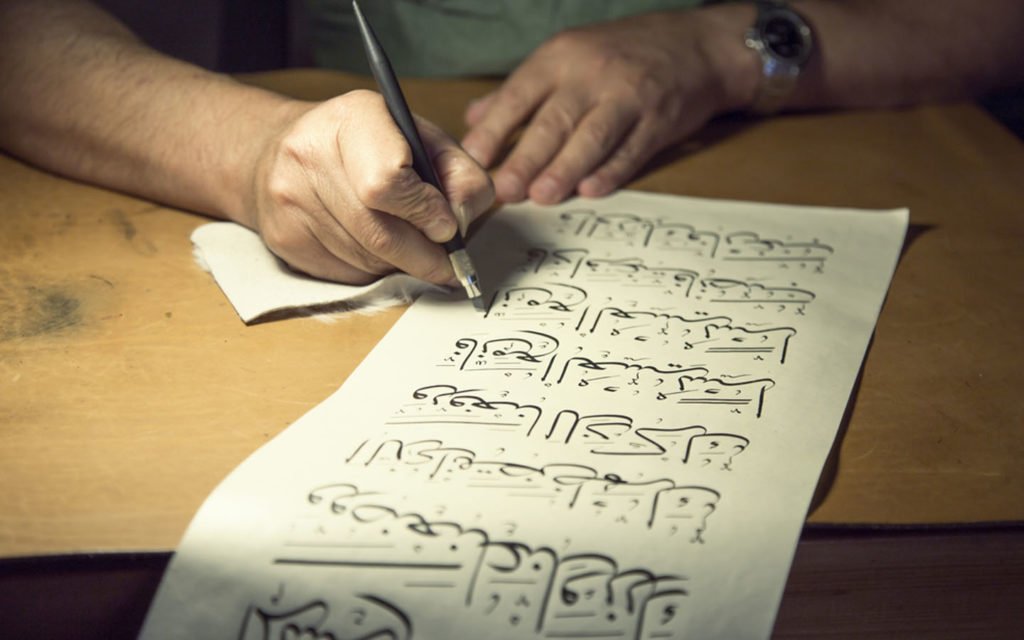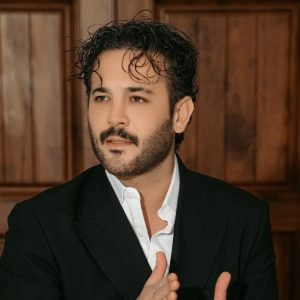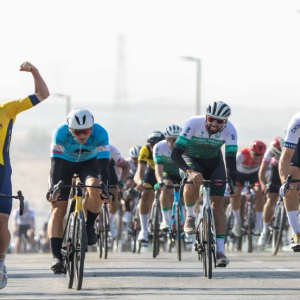In a digital world where voices can be recorded, archived, and replayed endlessly, the United Arab Emirates is harnessing technology to safeguard the deeply rooted oral storytelling traditions that have defined its identity for generations. From Bedouin poetry to the recounting of pearl diving tales, the nation is bridging the past and future—one story at a time.
A Legacy of Spoken Word
Before the UAE’s rapid modernization, history here was rarely written—it was spoken. Bedouin tribes, fishermen, and traders preserved their values, knowledge, and beliefs through stories passed down through generations. Oral history was not just a cultural asset but a way of life.
But as digital communication takes over traditional forms, concerns about the loss of these spoken narratives have grown. In response, the UAE is now embarking on a mission to document, digitize, and share these stories with the world.

Archives With a Soul
One of the most notable initiatives comes from the National Archives and Library of the UAE, which has been actively collecting oral histories from elders across the Emirates. Using video and audio recordings, the institution preserves stories in both Arabic and English, ensuring they remain accessible to future generations.
These aren’t just simple interviews. Each recording is a living document—a blend of emotion, memory, and heritage. The National Archives works closely with historians, linguists, and community leaders to authenticate and contextualize each account, offering not just words but insight into the spirit of the time.

Digital Museums and Interactive Storytelling
Beyond archiving, the UAE is finding creative ways to present oral history in engaging formats. The Etihad Museum in Dubai, for instance, integrates oral testimonies from people who lived through the Union’s formation. These voices guide visitors through the museum via interactive screens and immersive soundscapes, making history feel alive and personal.
Additionally, the Sharjah Institute for Heritage hosts annual heritage weeks that feature live storytelling performances, recorded for digital platforms to reach a wider audience. It’s not just preservation—it’s performance, education, and community engagement rolled into one.
Empowering the Youth
Recognizing that young people are both the future and the most connected to digital tools, several UAE universities and schools have launched oral history projects that task students with interviewing older family or community members. The NYU Abu Dhabi Oral History Project is one such initiative, inviting students to explore Emirati identity by recording intergenerational conversations. These projects don’t just create archives; they foster understanding between age groups, adding a human touch to history.
Social media also plays a growing role. On platforms like Instagram and TikTok, creators are sharing snippets of recorded oral histories, often paired with visuals from the past. These short-form videos offer a digestible, engaging way to keep traditional stories relevant in today’s digital-first culture.
Tech Meets Tradition
Technology is at the heart of this movement. Artificial intelligence, voice recognition, and cloud storage have all enhanced the capacity to preserve and analyze spoken word. A standout example is the use of AI to detect dialects and annotate recordings in real-time, making the vast archive of oral history more searchable and usable.
The UAE has also explored blockchain for intellectual property protection of oral content. With many storytellers sharing sensitive or culturally significant knowledge, ensuring their words are protected and respected has become a priority.

A Nation Rooted in Story
What sets the UAE apart is not just its ability to record stories, but its commitment to listening to them. These efforts reflect a broader national strategy: one that values cultural sustainability as highly as economic growth.
In a region known for its futuristic skylines and digital innovation, it’s easy to forget the quieter wisdom that built it. Yet, from the deserts of Liwa to the coasts of Ras Al Khaimah, voices of elders echo through apps, museums, and digital libraries—each one reminding us who we are and where we come from.
By preserving its oral history in the digital age, the UAE is doing more than archiving its past. It is shaping how future generations will understand identity, community, and resilience.
Looking Ahead
As AI, VR, and other technologies continue to evolve, the UAE is poised to take its oral history efforts even further. Plans are underway to launch virtual heritage tours where users can hear stories from historical figures or elders represented through AI avatars. It’s history, not as a static memory, but as an evolving experience.
In preserving the spoken past, the UAE is giving its stories new life—and ensuring that in the age of algorithms and automation, the human voice still matters most.
Read More: Rock Climbing at Adventure HQ: The Ultimate Urban Ascent














